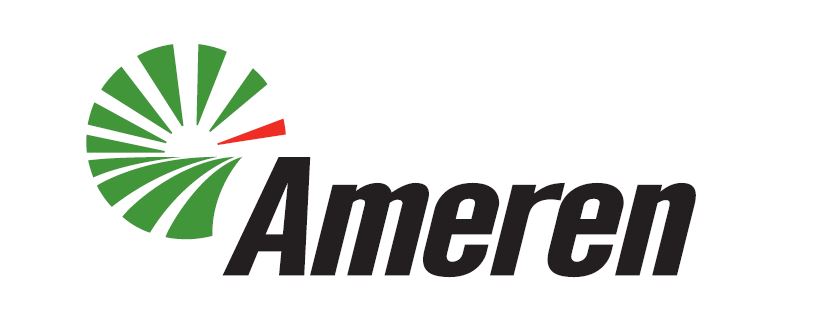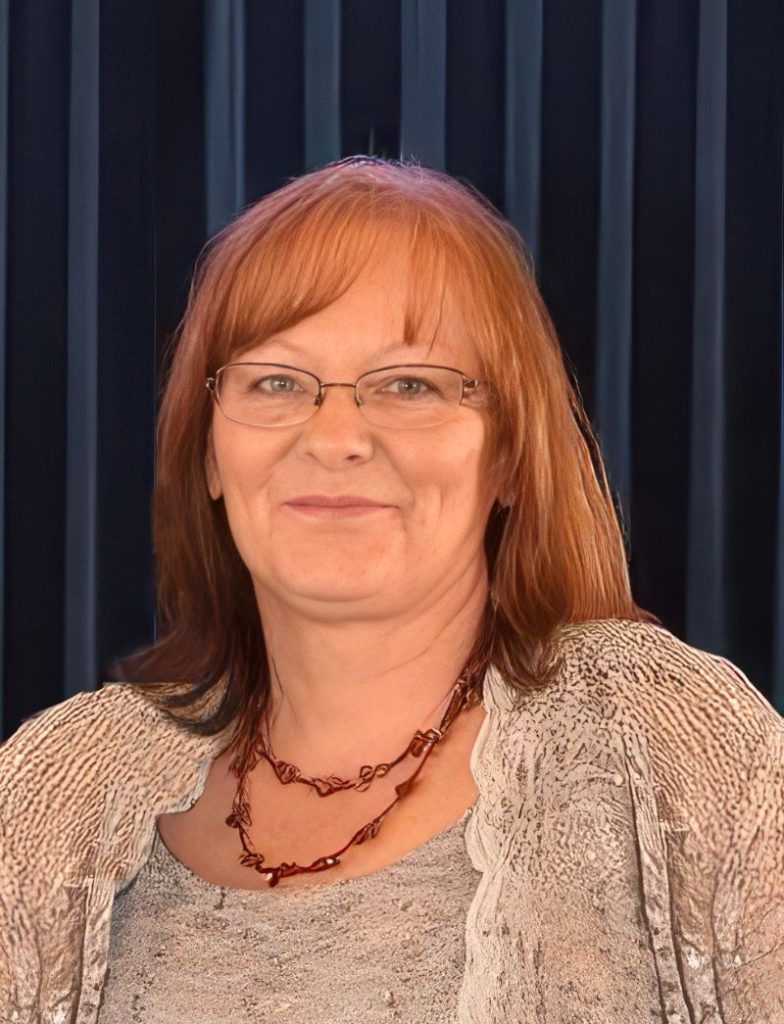Customers pay for utilities’ lawyers and corporate donations; advocates want to change that

Illinoisans pay tens of millions of dollars each year to utilities to cover costs they accrue for lawyers, belonging to trade groups, making charitable contributions and purchasing advertisements meant to boost utilities’ public image.
Consumer advocates are pushing for a change to state law that would bar utilities from collecting money from customers for those expenditures, liability insurance covering executives and for the cost associated with filing rate cases. The bill also explicitly bans charging customers for political contributions, a practice already disallowed in Illinois.
The proposal, contained in Senate Bill 2885 and House Bill 5061, is backed by AARP Illinois and the Citizens Utility Board, a nonprofit created by the General Assembly to represent customers in front of utility regulators.
The bill would also require public hearings, like two held last year, whenever a gas, electric, water or sewer utility requests a rate increase. Rate cases, which generally take a year to complete, are currently conducted primarily online through written testimony from utilities and advocates as well as written comments submitted by members of the public.
An analysis from CUB found that last year, companies spent about $28 million for legal representation, expert testimony and other costs accrued in six Illinois Commerce Commission cases that resulted in electric and gas rates going up for most Illinoisans. The state’s two largest water utilities, Aqua Illinois and Illinois American Water, are going through rate cases right now, which could cost the companies about $3.2 million in expenses.
But since rate cases are required by state law, utilities argue such expenditures are necessary costs of doing business.
A representative of Commonwealth Edison, the electric utility for most of northern Illinois, argued that the state’s current regulatory process ensures that “no unreasonable or imprudent costs” are passed to customers.
“As a regulated utility, ComEd must demonstrate to the Illinois Commerce Commission that the investments it recovers from its customers are prudent and reasonable,” spokesperson Shannon Breymaier said in a statement. “In months-long processes in which consumer, public interest, environmental, and governmental groups participate actively, the ICC reviews our costs and rates.”
In total, the proposed legislation would reduce the amount of “recoverable” costs – meaning costs chargeable to customers – for the six largest Illinois utilities by $45 to $63 million annually, according to a CUB analysis.
Representatives of several utilities that reviewed costs calculated by CUB said they are in the right ballpark. But some companies took issue with some of the group’s methodology, noting that some costs, like insurance and some membership dues, seemed larger than their own calculations.
Reforming what costs utility customers pay for has been a consideration for Illinois policymakers for several years.
In 2020 – amid the early stages of a bribery scandal at ComEd that would eventually lead to its CEO’s conviction on felony charges and bring down former Illinois House Speaker Michael Madigan – Gov. JB Pritzker laid out an eight-part outline for energy policy and ethics reform.
Read more: ‘ComEd Four’ found guilty on all counts in bribery trial tied to ex-Speaker Madigan
Parts of that plan would eventually inform the 2021 Climate and Equitable Jobs Act and 2022 Reimagining Energy and Vehicles Act, both of which the Pritzker administration celebrates as major policy wins.
But one element of that plan has yet to come to fruition: a prohibition on utilities recovering costs for charitable contributions from ratepayers.
These charitable contributions, according to Pritzker’s 2020 policy statement, were often used “to curry favor with elected officials.”
“Utility company charitable donations should be exactly that – charitable,” Pritzker’s office said at the time. “They should come from the pockets of the corporation or their executives, not from the pockets of ratepayers.”
The governor has not taken a position on the legislation pending in Springfield.
Analyses from WBEZ in 2021 and the Chicago Tribune in 2015 found that some charitable contributions from ComEd went to politically influential nonprofits and groups that advocated for the utility’s interests, although the company denied exerting political pressure on its grantees.
ComEd’s Breymaier told Capitol News Illinois the company is proud to support organizations that improve workforce training, protect the environment and provide social services. She also noted that regulators review all spending, including those contributions.
David Schwartz, a spokesperson for Chicago-area gas utilities Peoples Gas and North Shore Gas, noted that the ICC capped the amount of charitable spending the companies could charge to customers at about $4.5 million.
The consumer advocates pushing for this legislation stressed that they are not seeking to end utilities’ charitable contributions, but rather to require that shareholders bear the cost.
“We’re not opposed to charity, it’s a great thing,” Jeff Scott, AARP’s associate state director, said. “But it should be coming out of shareholders’ pockets. Plain and simple.”
Nationwide, Illinois is one of a few states that allow utilities to charge customers for charitable contributions, according to Matt Kasper, deputy director at the pro-renewable Energy and Policy Institute.
“Illinois really stands out for allowing this practice to continue to the level it’s happening right now,” Kasper said.
The number of states reexamining what costs utilities can recover is growing. Last year, Colorado, Connecticut and Maine all passed laws banning certain expenses from being charged back to ratepayers – including charitable giving.
This year, California, Virginia, Maryland, Arizona, Ohio and New York all introduced legislation similar to Illinois’, according to Kasper.
Utilities can also exert influence through membership in trade associations, such as the American Gas Association and Edison Electric Institute.
Each year, Illinois electric and gas utilities spend $6.5 million in membership costs to trade associations, chambers of commerce and other civic groups, according to CUB.
Two years ago, EEI advocated for the Federal Energy Regulatory Commission to revisit its policy on granting utilities “right of first refusal” for transmission line construction and this year it filed comment with the Environmental Protection Agency over clean air rules.
The AGA also regularly supports policies favorable to the gas industry, such as last year when they offered comments to the Department of Energy and Pipeline and Hazardous Materials Safety Administration.
Utilities also pay for “goodwill advertising,” another category of spending that would be banned under the proposed legislation.
“The goodwill advertising is basically brand recognition and creating general warm and fuzzies about your company that also happens to be a regional monopoly with no competition, by statute,” Eric DeBellis, CUB’s general counsel said in an interview. “This is effectively a form of lobbying directed at the public, so you’re paying for them to try and make you like them.”
Peoples Gas’ Schwartz and representatives of Ameren and Nicor echoed ComEd’s spokesperson in their defense of the companies’ spending.
“Regulators always closely examine all of our costs, including charitable contributions,” Schwartz said in a statement. “We are committed to serving Chicago and the northern suburbs, including non-profit community organizations.”
A representative of Ameren Illinois, which operates as both a gas and electric utility for much of central and southern Illinois, noted that the company makes investments in “organizations and causes that build stronger communities and support a better quality of life for our customers.”
Nicor Gas spokesperson Jennifer Golz also added that the northern Illinois gas utility provides funding to charities, including to its own emergency assistance program administered by the Salvation Army, without seeking to recover the costs from ratepayers.
Capitol News Illinois is a nonprofit, nonpartisan news service covering state government. It is distributed to hundreds of print and broadcast outlets statewide. It is funded primarily by the Illinois Press Foundation and the Robert R. McCormick Foundation, along with major contributions from the Illinois Broadcasters Foundation and Southern Illinois Editorial Association.
Miss Clipping Out Stories to Save for Later?
Click the Purchase Story button below to order a print of this story. We will print it for you on matte photo paper to keep forever.

